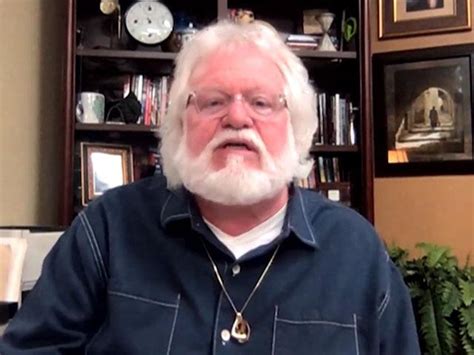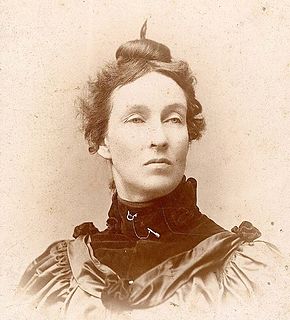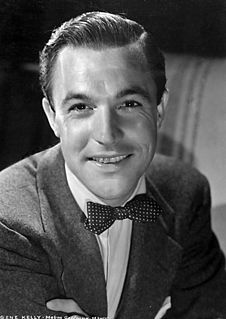A Quote by Gordon S. Wood
Creating senates, the French critics said, implied that there was another social order besides the people represented in the houses of representatives. [John] Adams actually agreed with that implication and argued that the aristocracy and the people had to have separate houses; this was the only way the power of the aristocracy could be contained.
Related Quotes
This rationale, which justified the mixed constitution of Great Britain, might have made some sense in 1776, but by 1787 most American thinkers had come to believe that all parts of their balanced governments represented in one way or another the sovereign people. They had left the Aristotelian idea of mixed estates - monarchy, aristocracy, and democracy - way behind. [John] Adams had not, and his stubbornness on this point caused him no end of trouble.
I'm creating a peculiar place so that it will give hope for houses to open up worldwide. For I will need houses, the tents of the people, to display My glory. I will have the tent of meeting and the place that you will gather and come, but I need the houses of My people to be filled with My glory I will be filling your houses!
It depends on the consent of the people to decide whether kings or consuls or other magistrates are to be established in authority over them, and if there is legitimate cause, the people can change a kingdom into an aristocracy, or an aristocracy into a democracy, and vice versa, as we read was done in Rome.
What I used to respect was not really aristocracy, but a set of personal qualities which aristocracy then developed better than any other system . . . a set of qualities, however, whose merit lay only in a psychology of non-calculative, non-competitive disinterestedness, truthfulness, courage, and generosity fostered by good education, minimum economic stress, and assumed position, AND JUST AS ACHIEVABLE THROUGH SOCIALISM AS THROUGH ARISTOCRACY.
Many social critics wag their fingers at what they perceive to be frivolous luxury spending. But that misses the point that consumption norms are local. It's not just the rich who spend more when they get more money. Everyone else does, too. The mansions of the rich may seem over the top to people in the middle, but the same could be said of middle-class houses as seen by most of the planet's seven billion people.
Each honest calling, each walk of life, has its own elite, its own aristocracy based on excellence of performance. . . . There will always be the false snobbery which tries to place one vocation above another. You will become a member of the aristocracy in the American sense only if your accomplishments and integrity earn this appellation.































